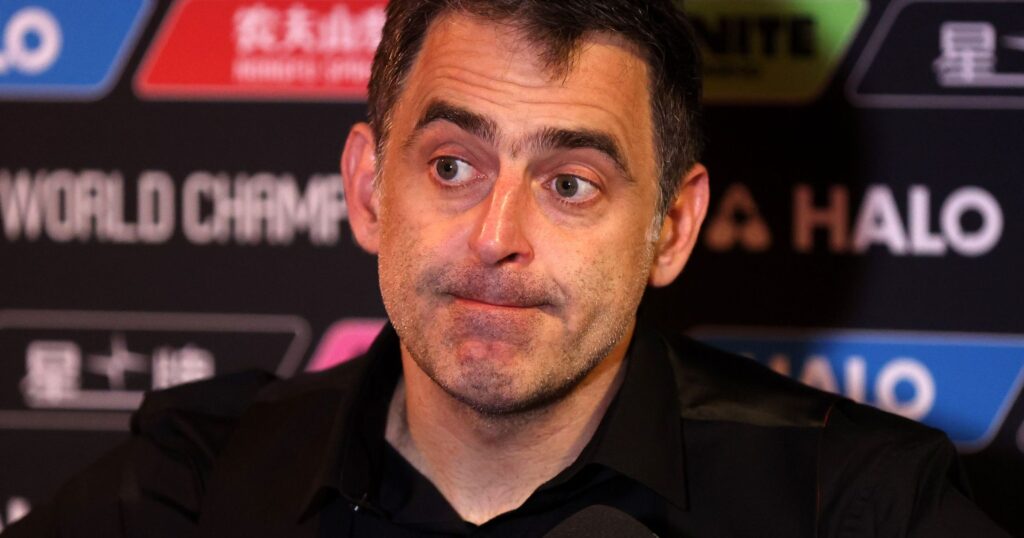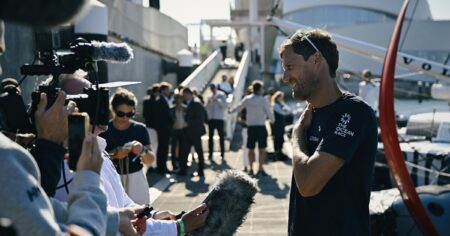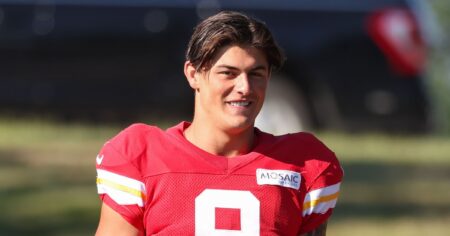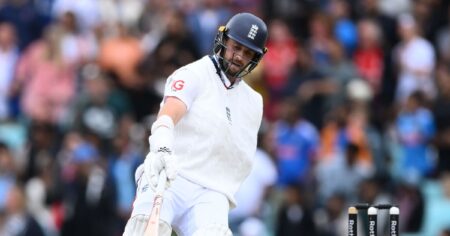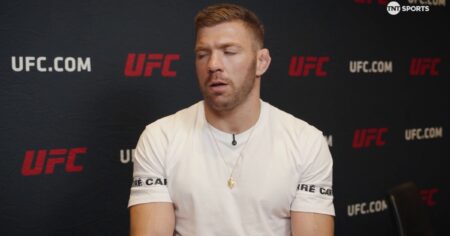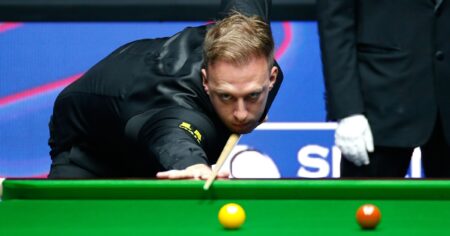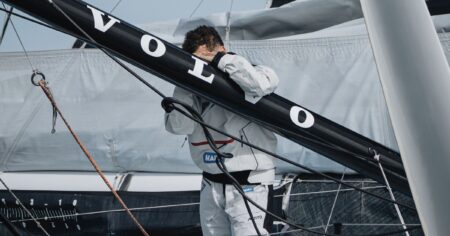Ronnie O’Sullivan, the renowned snooker player, has made a bold decision to abandon conventional coaching advice and forge his own path to reclaim his status at the pinnacle of the sport. Following a recent performance that he characterized as satisfying, O’Sullivan is cautiously optimistic as he looks ahead to his second-round matchup against Pang Junxu at The Crucible. This anticipated contest will be available for viewing on TNT Sports and discovery+.
In an interview with TNT Sports, O’Sullivan reflected on his recent victory over Ali Carter, expressing an elevation in his performance levels, stating, “It’s the best I’ve felt in three years.” Despite this moment of positivity, he remains pragmatic about his form, acknowledging the ebb and flow of competitive snooker. “There’s no point in getting my hopes up,” O’Sullivan elaborated. He highlighted that even though he has experienced moments of brilliance, such as his match against Ding Junhui during the Riyadh Season Championship, inconsistencies have plagued him.
Over the last four years, the journey has been tumultuous for O’Sullivan, even as he boasts titles from snooker’s esteemed Triple Crown—including the World Championship in 2022, the UK Championship in 2023, and The Masters in 2024. “This game has a way of humbling snooker players,” he remarked, acknowledging the personal and professional challenges he has faced during this period. The struggles, he indicated, were particularly pronounced in the last three or four years, marked by bouts of inconsistent performance. The only silver lining he found was during a rewarding six-month period leading up to his World Championship win, where he felt confidence returning.
To confront his challenges, O’Sullivan has identified key areas for improvement and has enlisted the help of sports psychiatrist Steve Peters. Although he had previously taken advice from Mark Williams’ coach, Lee Walker, O’Sullivan feels it’s time to rely solely on his instincts moving forward. “There will be no more coaches onboard,” he declared. Instead, he aims to reclaim an innate sense of play, devoid of external technical influence.
In a display of commitment, O’Sullivan pledged to dedicate the next two years to re-establishing himself, vowing to give everything—be it in practice, competition, or rest—to rediscover the shots that have evaded him. During this reflection, he candidly admitted, “I have lost the ability to strike through the ball. I have been scared to hit the ball, basically.” This self-awareness highlights his recognition of the psychological barriers he faces, mentioning struggles with cue power, touch, and overall feel for the game—elements that are critical for success in snooker.
O’Sullivan expressed a desire to adopt a less analytical approach to his play and to clear his mind from overthinking, which he believes has hindered his performance. He drew an inspiration from professional golfer Rory McIlroy, who recently attained a career grand slam by winning the Masters in April. McIlroy’s remarks about the cyclical nature of confidence resonate with O’Sullivan, who shared, “I have had three or four years of playing bad, so I felt like I might never play well again.” This feeling of disconnection from his own game has been a substantial struggle for him, reinforcing the difficulties of remaining competitive at such high stakes.
As O’Sullivan embarks on this new chapter in his storied career, he remains focused on the upcoming challenges—starting with the 2025 World Championship. Fans can catch all the action live on TNT Sports and discovery+. The journey illustrates not only the complexities of returning to the top but also the human elements of resilience and self-discovery that resonate far beyond the green baize.





